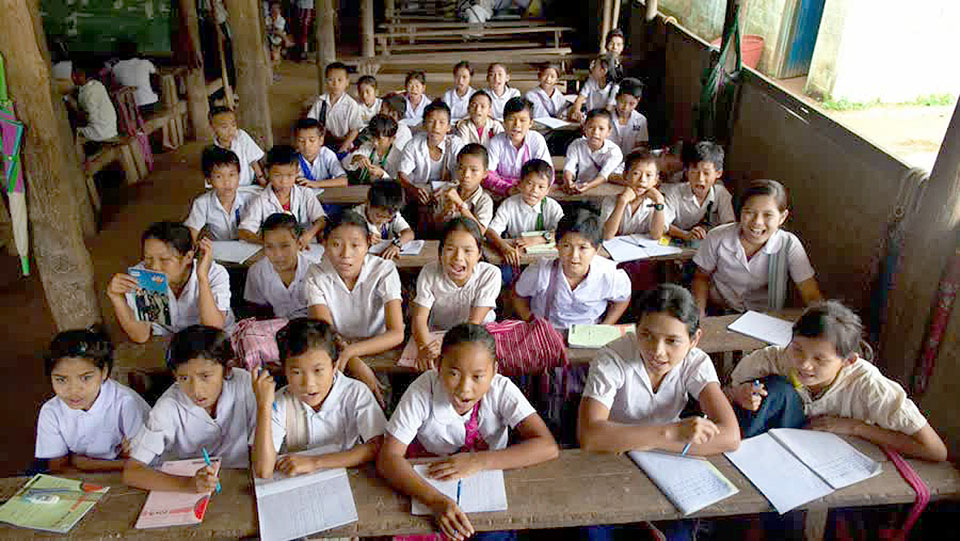
The United Nations High Commissioner for Refugees (UNHCR), the United Nations Children’s Fund (UNICEF), and the Thai government have joined forces to strengthen their efforts to end childhood statelessness in Thailand.
Officials from the government and representatives from these organizations have pledged to work together in accelerating their objectives to end childhood statelessness in a seminar in Bangkok on Tuesday. The seminar, which is part of the UNHCR-Unicef Joint Strategy for Addressing Childhood Statelessness, aims at analyzing Thailand’s progress while highlighting hurdles and identifying solutions and areas for improved cooperation for all related parties.
The Thai government has endorsed UNHCR’s #IBelong campaign to end statelessness by 2024 and has vowed to provide a path to attaining legal status or nationality for stateless people, including children, as well as to improve their access to protection, education, and social services. Over 63,000 registered stateless people have gained Thai citizenship since 2015.
The law also states that any child born in Thailand has the right to register at birth, obtain a birth certificate, attend school, and receive health care even if they do not have legal status or any paperwork.
According to UNHCR Representative Giuseppe de Vincentiis, Thailand has made significant progress in legislation and policy to address the statelessness issue, but tackling childhood statelessness is still ongoing in the country. He said the UNHCR will continue to support the government and related parties to build on its progress to end childhood statelessness, as well as make further commitments at the Global Refugee Forum for this year.
Meanwhile, Unicef Representative for Thailand Kyungsun Kim emphasized the importance of having a nationality or legal status to protect children’s rights. She stressed that it’s a fundamental right that allows children to enjoy other basic rights such as protection, education, survival, and meaningful participation.
Department of International Organizations Director-General Eksiri Pintaruji stressed that the event not only allows everybody involved to evaluate their progress in addressing childhood statelessness, but it also brings all parties together to speed up efforts to solve the issue in the country. (NNT)





